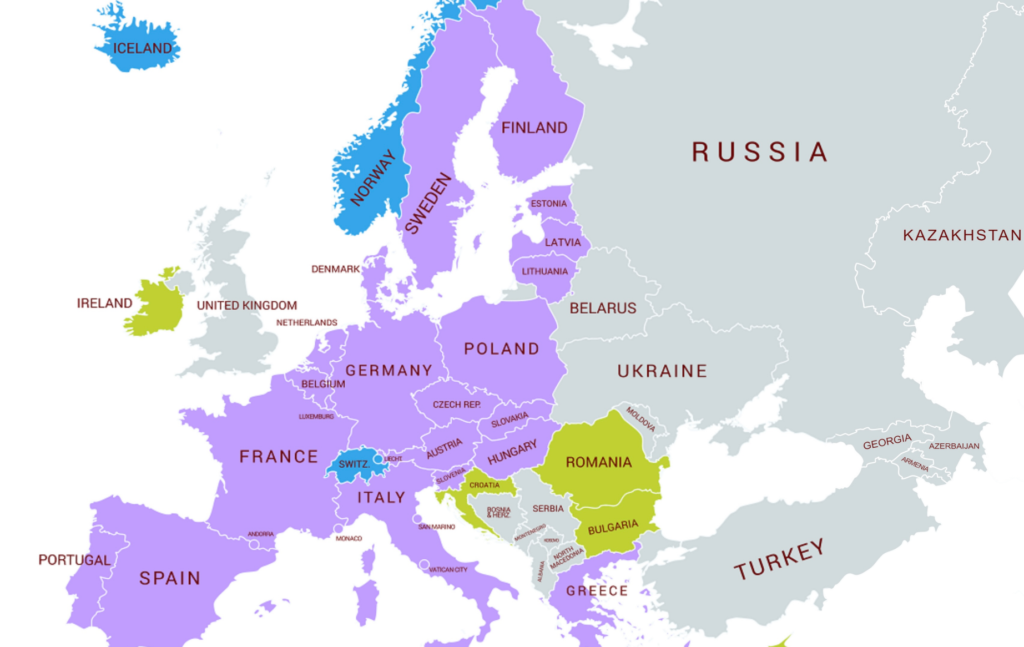Turkish Schengen visa applications surged past 1.1 million in 2024, making nationals from Turkiye the second largest group of Schengen visa applicants after China. While Greece and Germany remain the most popular destinations for Turkish travelers, the approval rates for visa applications vary significantly depending on the country where the application is made.
Greece issued the highest number of Schengen visas to Turkish nationals in 2024, granting 264,312 visas, followed by Germany with 170,260 visas issued. These countries continue to be key gateways for Turkish travelers heading to Europe, maintaining consistent approval rates that help facilitate tourism, business, and family visits.
However, not all Schengen countries demonstrated the same level of openness. Some nations had notably high rejection rates for Turkish applicants. Denmark recorded the highest rejection rate among them, declining 35% of the visa applications filed by Turkish nationals. Specifically, 3,664 out of 10,561 visa applications were rejected in Denmark, reflecting a tougher stance on visa approvals.
Lithuania followed closely behind with a 31.5% rejection rate, turning down 960 applications from a total of 3,044. Estonia also registered a high refusal rate, rejecting approximately 30% of Turkish Schengen visa applications (600 out of 2,006).
Sweden and Croatia round out the top five countries with the highest rejection rates for Turkish nationals. Sweden rejected 5,422 out of 18,160 visa applications, which corresponds to a 29.86% rejection rate, while Croatia rejected 28.25% of applications (1,315 rejections from 4,655 applications).
These rejection rates highlight the uneven visa approval landscape Turkish travelers face within the Schengen Area. While the volume of applications is high, the success of visa approval heavily depends on the chosen destination country’s policies and practices.
The high rejection percentages in Denmark, Lithuania, Estonia, Sweden, and Croatia contrast with the relatively welcoming environment in Greece and Germany, underscoring the complex nature of Schengen visa approvals for Turkish nationals. This disparity can affect travel plans, forcing applicants to consider multiple factors when deciding where to apply for their visa.
As Turkey continues to be a significant source of Schengen visa applications, understanding these trends is crucial for travelers, travel agencies, and policymakers alike. The data points to a need for clearer communication and potentially more harmonized procedures across Schengen countries to support smoother mobility for Turkish nationals.





